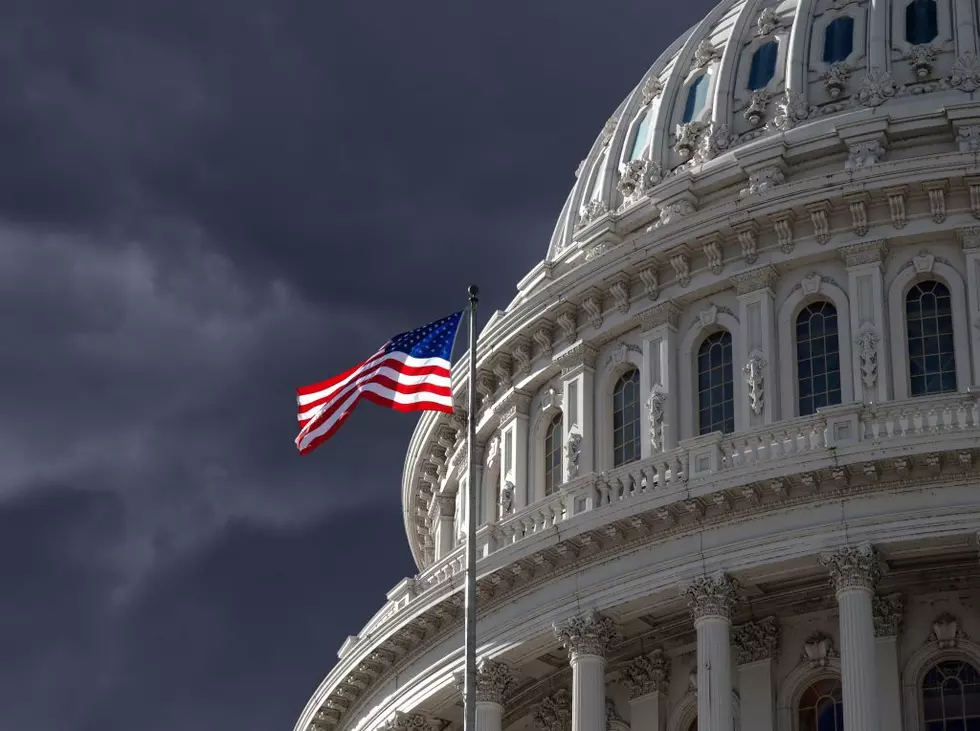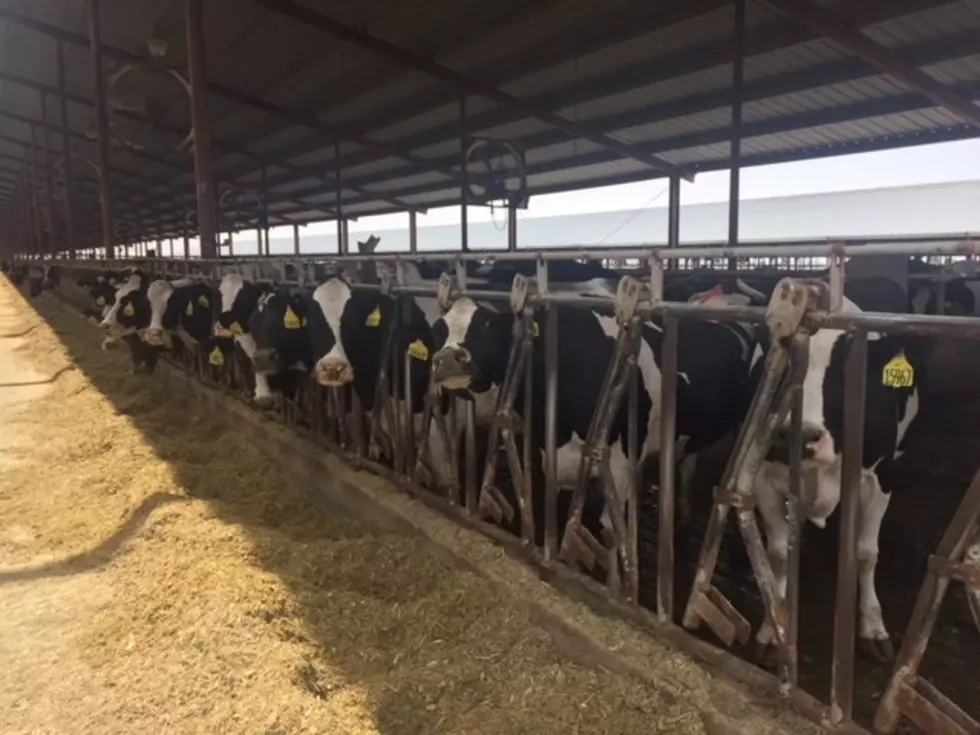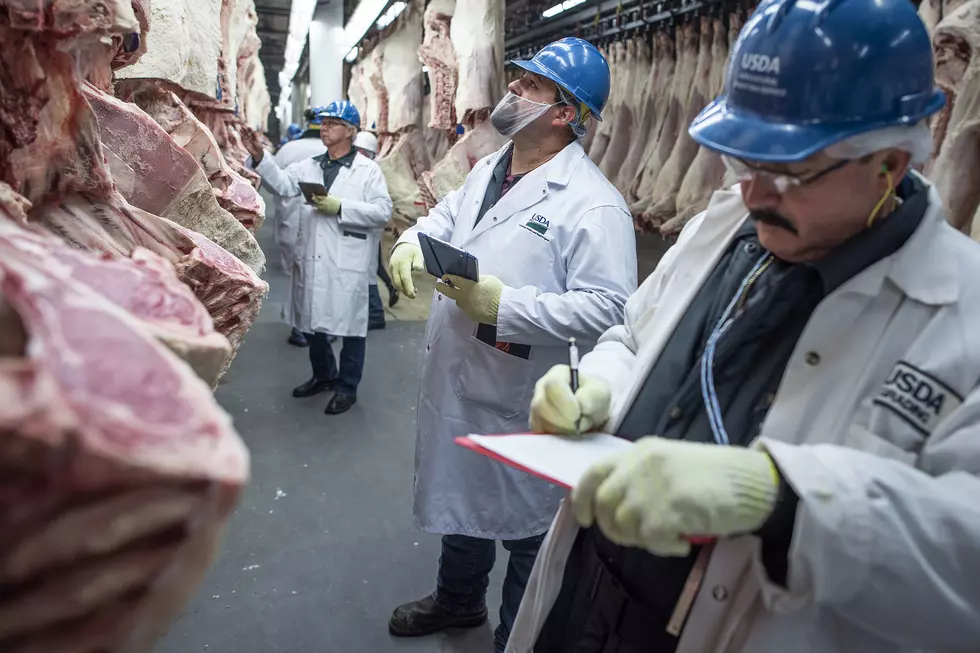
McKalip Discusses His Priorities At USTR
Doug McKalip says he is busy in his role as Chief Agricultural Negotiator with the U.S. Trade Representative’s Office. He recently noted that he has a host of priorities on his to-do list.
“The first focus would be on keeping markets we have open. A lot of work has been done over decades of opening those markets in the first place, and our number one priority is to make sure that farmers continue to enjoy that market success. Number two is expanding, where possible, in the areas where we can increase volumes to those trading partners or maybe increase the number of products. That's certainly a second and very important area of focus for us at the White House.”
Opening up new markets to U.S. goods is another one of his most important priorities.
“One of the areas I'm most enthusiastic about is the opportunities to open up farm product access in new places around the globe, and that could be places that we don't normally think we would export to. And it also can include products that we don't normally think of being the traditional ways that we send things abroad. Then the fourth area, maybe the area that is the less glamorous of each of the four, is the mission of standing guard and making sure that trading partners are playing square and that the two-way relationship we have is balanced and equitable. And that, again, is an area we spend a lot of time at USTR focusing on even though it maybe doesn't get as much of the press releases and public attention that the other areas do.”
McKalip added one of the biggest jobs at USTR is bringing down tariffs and improving access to markets like India.
“On February 2, India announced several changes to its tariff structure that are pretty significant for agriculture. Firstly, they reduced the pecan tariff by 70%, which was a very significant step. Secondly, India also eliminated its tariff on industrial ethanol, which, as we know, is a very important marketplace as U.S. grain and row-crop producers look to export biofuels around the globe, not just for industrial purposes, but for transportation and most recently for aviation.”
India also reduced tariffs on certain feedstocks. McKalip said the U.S. is also making progress in Europe.
“European Union, just at the beginning of January, some post-Brexit work was done to solidify markets, which will make a big difference for wheat, corn, frozen beef, rice, and almonds. And so, that's a very big step for U.S. farmers. as well.”
If you have a story idea for the PNW Ag Network, call (509) 547-9791, or e-mail glenn.vaagen@townsquaremedia.com
More From PNW Ag Network









